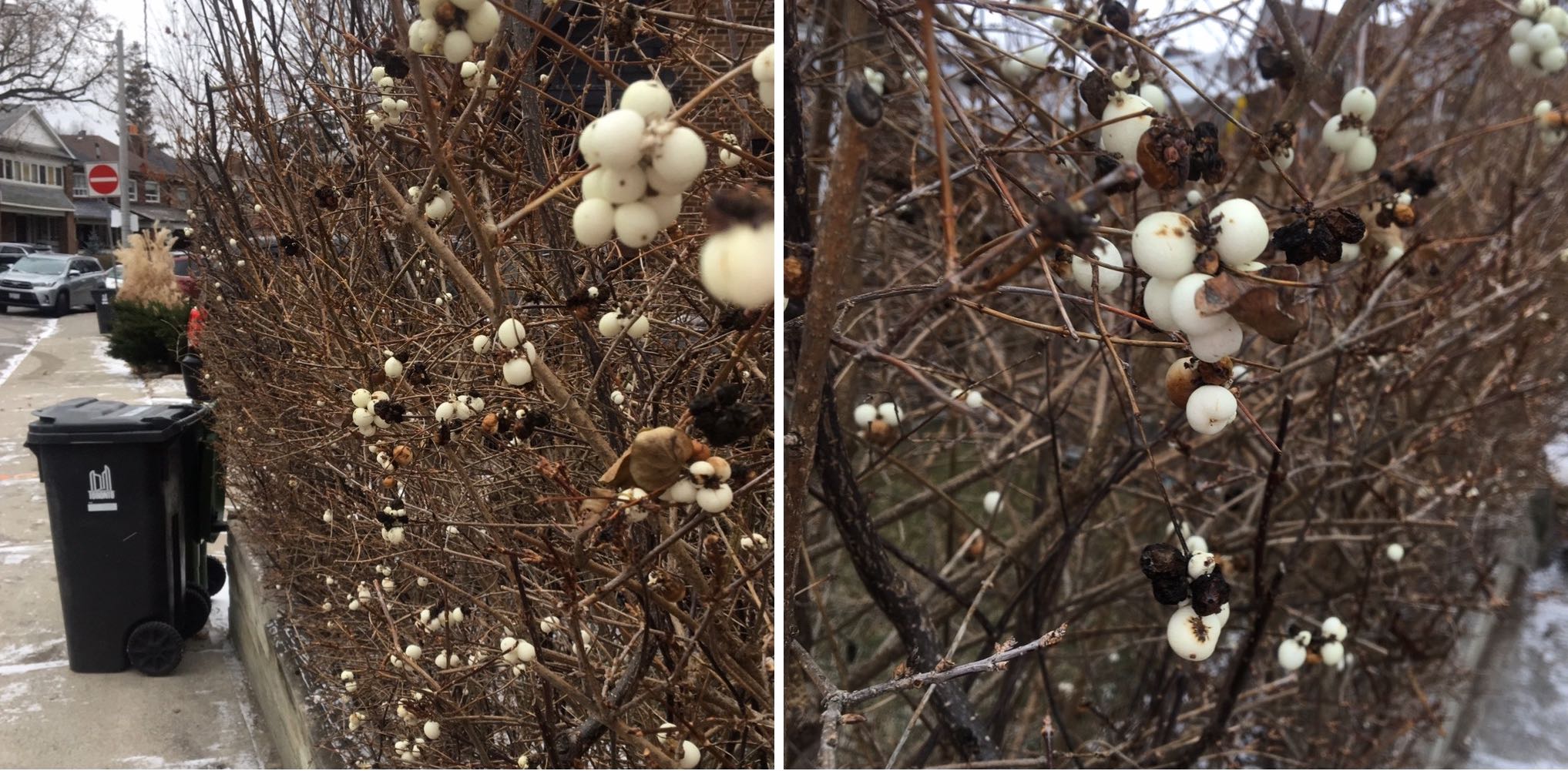I've been touting the benefits of blogging for developing student writing skills, ever since 2006, when I learned how to write posts for the Institute for Research and Innovation in Sustainability website, after I became its director.
On my return to full-time teaching in 2014, I immediately added Blog writing assignments to all my Biology courses: students learned how to write short posts about ecology. If my science communication Twitter assignments are a way for students to practice writing sentences, then writing a blog post, which is a short affair, is a way to practice writing paragraphs. Build on these blocks, with sub-section titles, and presto, you have an essay!
I was surprised to discover that most students had never written a blog post, and that this is still the case. As a result, many of these digital natives continue to have little experience with the back-end of websites, and the mechanics of the internet. But, since I introduced these assignments, most of my students have agreed that writing short posts helps them to practice writing good paragraphs.
Why did I want to learn to Blog?
In 2006, most university webpages were static, and their content was rarely updated, and usually controlled by a professional "webmaster". I inherited a York University research institute website like that. It was beautiful, professionally designed, met the university's graphic standards, and was boring. To make it more dynamic, we moved the site from an expensive, proprietary system, built by a start-up called Palomino (I was surprised and pleased to discover that they are still around), to WordPress, and launched a blog about all things sustainability. Students and faculty wrote short posts about responsible consumerism and climate change, and we got more visits and engagement from a site that was frequently updated (unlike MOST York University webpages).
From this, I learned that one person simply cannot maintain a stream of fresh social media content, but that with clear guidelines, students can be trusted content creators (with coaching, feedback and editing). That was back in 2006, before Gen Z became Youtube and TikTok stars. But, it's a general principle that has held up for me.
Expanding my social media skills: from Blogs to VLOGS
I keep on writing blog posts because it forces me to write, and to write short and fast, as per Roy Peter Clark. Everyone should read his book, which I recommend to my students.
This is why, in way that definitely smacks of a bit of masochism, I not only asked Dr. Alastair Culham, my colleague at Reading University in the UK, back in November, if he planned a seventh year of Advent Botany posts, but if I could (again) contribute.
We all continue to be stretched very tight as the pandemic year of 2020 comes to a close. I have many pending and unfinished tasks and duties, but I felt that annual creative urge in the good cause of supporting Alastair's innovative seasonally-themed science outreach. Plus, I wanted to have another go at doing a VLOG! Because my 2018 effort was sooo bad.
So, here are my three 2020 Advent Botany posts. As usual, they were stressful to complete, but as usual, they sharpened up my writing, and my VLOGing skills; the latter improved significantly during 2020, as we took our teaching online.
My last 2020 post on Snowberries is brand new, and I never anticipated writing it. The exercise was a good reminder for me, that creating completely novel content always takes much longer than expected. This is the case, even when it's rooted in something familiar. It's vital to remember your own writing process, especially when introducing students to what will become their lifelong struggle with writing. Students need our empathy and understanding as they engage meaningfully with the written word.
Alastair was very kind and posted the bit of my Snowberry post that I had cut out, about women in botany and horticulture in Ontario: 1870-1915 as a Day 22 addendum.
To faculty who struggled with Moodle and Zoom in 2020
p.s. Are you a middle-aged or older professor who is prone to thinking "I don't need to learn all these online and social media skills that Dawn Bazely has been banging on about forever. I don't care if she keeps winning teaching awards, because my research is more important than anything that she has done."?
If so, may I remind you that your teaching in 2021 will look very similar to what you may have been doing badly in 2020. Yes, students have spoken to me about you.
So, take my advice, and update your pedagogical skill set. And, if you have been feeling superior, perhaps check your h-index against mine. Based on past experience, the chances are, that they are more similar than you think, even though I have also learned and practiced other aspects of the diverse skill set in which university professors are expected to be competent.
And, learn to make a trailer for your online 2021 courses, like I did:
Join the Plant Ecology Adventure at York University: BIOL 3290 4.0 from Dawn Bazely on Vimeo.


